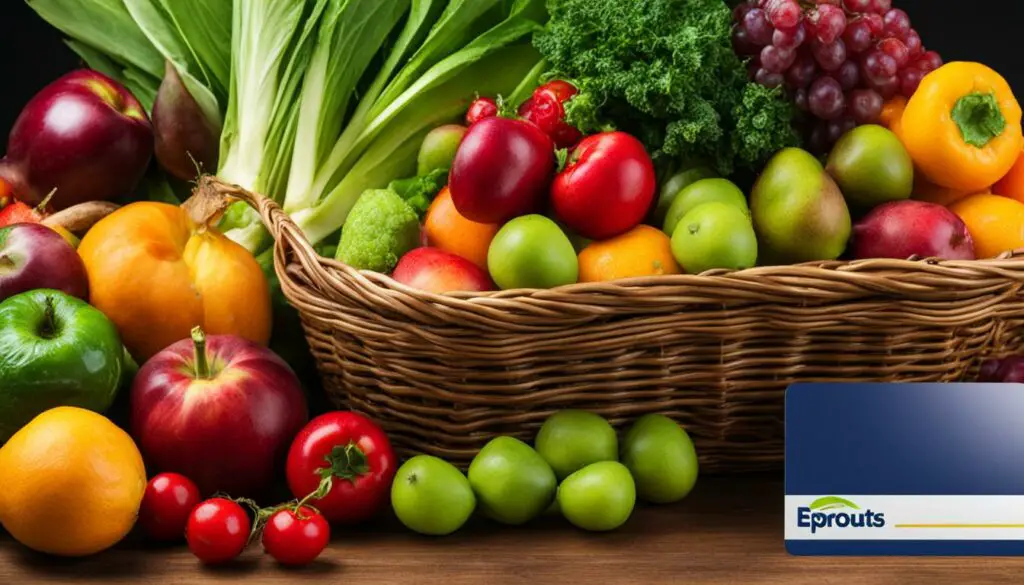Does Sprouts Take Ebt In Store

For individuals and families relying on the Supplemental Nutrition Assistance Program (SNAP), formerly known as food stamps, understanding which grocery stores accept Electronic Benefits Transfer (EBT) is crucial. The question of whether Sprouts Farmers Market, a popular grocery chain known for its fresh produce and health-focused offerings, accepts EBT is a common one.
This article explores Sprouts' EBT acceptance policy, providing clarity for SNAP recipients and offering insights into the accessibility of healthy food options for low-income individuals.
Sprouts and EBT: The Current Policy
Sprouts Farmers Market generally accepts EBT at all of its store locations.
This means that SNAP recipients can use their EBT cards to purchase eligible food items at Sprouts stores nationwide, offering them access to the chain's wide selection of produce, meats, dairy, and other grocery staples.
What Can You Buy with EBT at Sprouts?
The USDA outlines specific guidelines on what can be purchased using EBT benefits.
Generally, SNAP benefits can be used to purchase items intended for home consumption, including fruits, vegetables, meat, poultry, fish, dairy products, breads, cereals, and snack foods.
However, there are restrictions: EBT cannot be used to purchase alcoholic beverages, tobacco products, hot prepared foods intended for immediate consumption (e.g., rotisserie chicken), pet foods, household supplies, or non-food items.
Navigating EBT Transactions at Sprouts
Using EBT at Sprouts is similar to using a debit card.
At the checkout, customers simply inform the cashier that they will be using EBT, and the card is swiped or inserted into the card reader.
The customer then enters their PIN to authorize the transaction, and the eligible amount is deducted from their EBT balance.
Potential Benefits for SNAP Recipients
The acceptance of EBT at Sprouts offers several potential benefits for SNAP recipients.
First, it expands their access to fresh and healthy food options, particularly produce, which can be more expensive or less readily available at other grocery stores.
Sprouts' focus on natural and organic products can also appeal to health-conscious consumers using SNAP benefits.
Impact and Accessibility
The accessibility of healthy food options for low-income individuals and families is a significant factor in addressing food insecurity and promoting overall well-being.
Sprouts' EBT acceptance policy contributes to this effort by providing SNAP recipients with more choices and opportunities to purchase nutritious foods.
However, it's essential to acknowledge that accessibility also depends on factors such as the location of Sprouts stores, transportation options for SNAP recipients, and the affordability of products even with EBT assistance.
Considerations and Challenges
While EBT acceptance is a positive step, there are still considerations to keep in mind.
Some SNAP recipients may face challenges in accessing Sprouts stores due to location or lack of transportation.
Furthermore, the prices of certain items, particularly organic or specialty products, may still be prohibitive for some individuals even with EBT benefits.
Therefore, a multi-faceted approach that includes affordable food options, transportation assistance, and nutrition education is crucial to addressing food insecurity effectively.
Looking Ahead
As the landscape of food assistance programs continues to evolve, it's essential for grocery retailers to adapt and provide accessible options for SNAP recipients.
Sprouts' EBT acceptance policy demonstrates a commitment to serving a diverse customer base and supporting access to healthy food.
Continued collaboration between retailers, government agencies, and community organizations will be vital in ensuring that all individuals and families have access to nutritious and affordable food.
In conclusion, Sprouts Farmers Market generally accepts EBT at its stores, offering SNAP recipients the opportunity to purchase eligible food items and access the chain's wide selection of produce and grocery staples.
This policy contributes to expanding access to healthy food options for low-income individuals and families, although challenges related to location, transportation, and affordability may still exist.
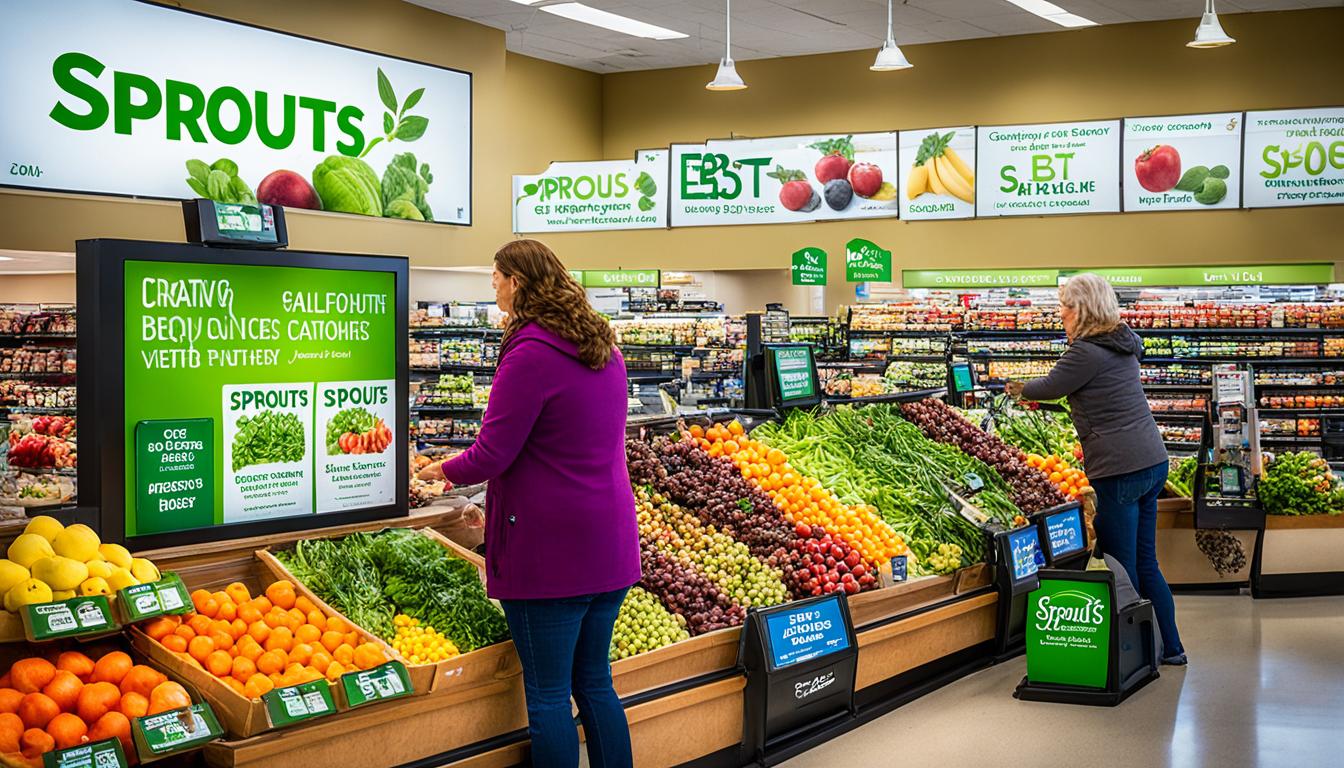
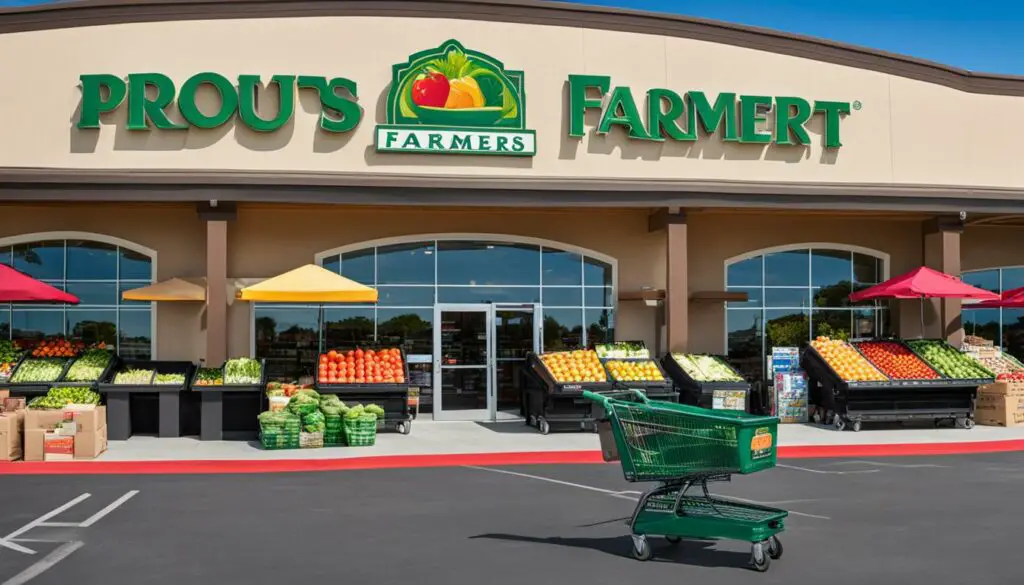

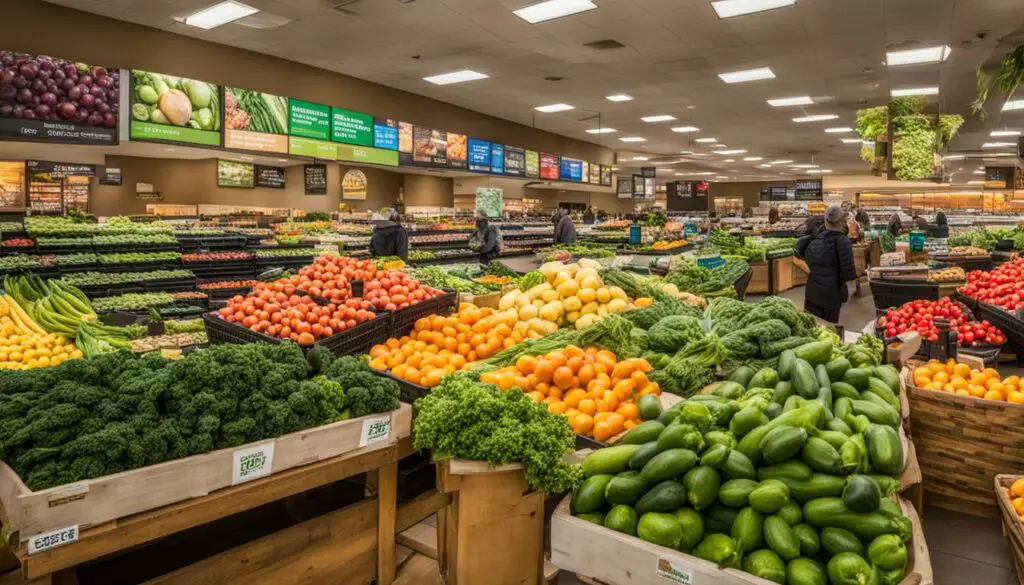


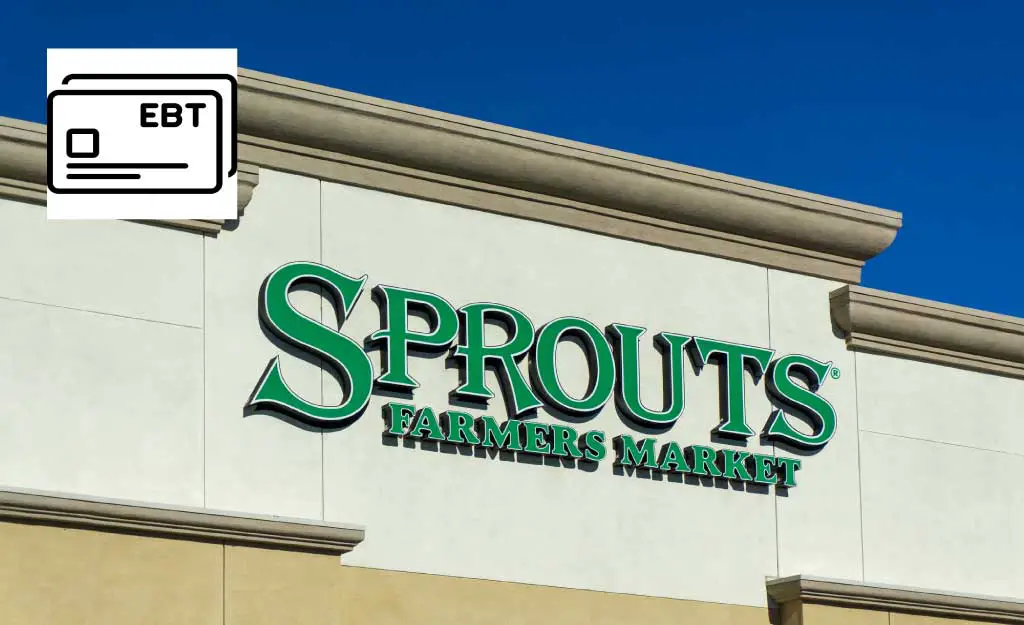

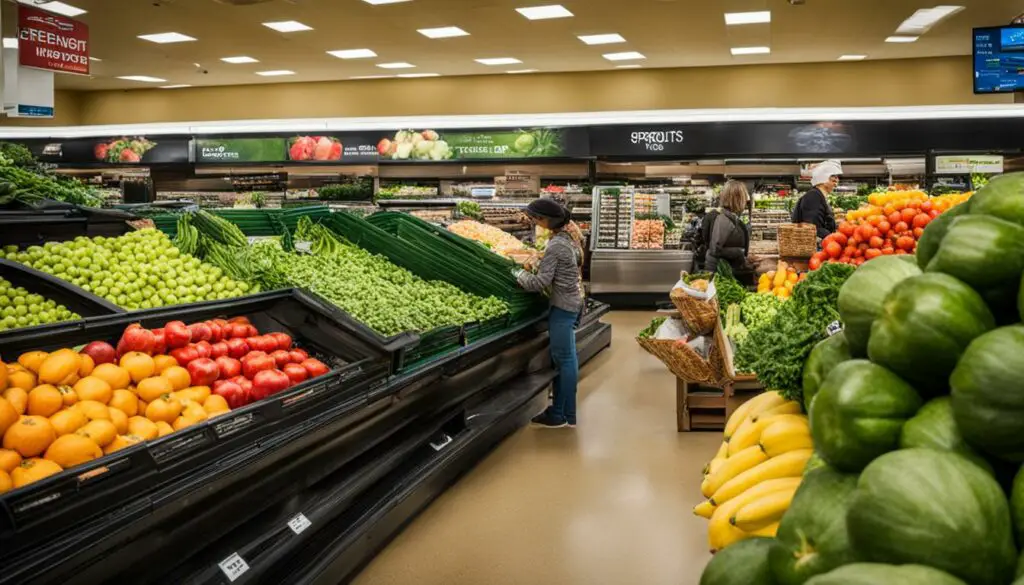




![Does Sprouts Take Ebt In Store Does Sprouts Take EBT Payment in [year]?](https://felonyfriendlyjobs.org/wp-content/uploads/2021/07/sprouts-market.jpg)



